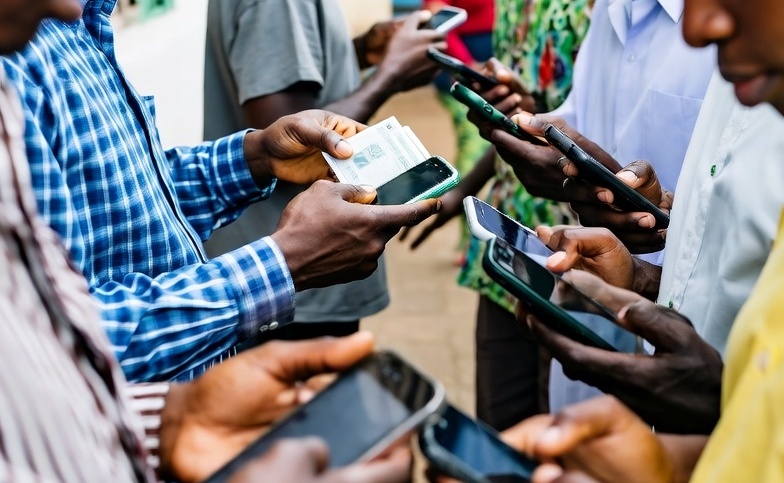* Teenager, Joy Ogah, takes over as one-day vice-president, makes strong case for girl-child
Deji Elumoye in Abuja
Vice-President Kashim Shettima has assured stakeholders and development partners of the commitment of President Bola Tinubu towards promoting girl-child education across Nigeria.
He said among other government interventions in girl-child education, the school feeding programme remains essential.
Speaking during a meeting with a PLAN International delegation led by its Director of Programme, Quality and Innovation, Helen Mfonobong Idiong, at the State House, Abuja, Shettima invited a teenager, Joy Ogah, to take over the seat of the vice-president for a day and address the nation.
He noted that studies have shown that well-nourished children are well-formed.
“We will continue the engagement with PLAN International and see where the force and strength of government can be brought to bear on your solid advice on girl-child education,” the vice-president told the PLAN delegation.
He further told the delegation that “in President Bola Tinubu, you have an ally you can believe in and invest your trust in”, adding that the administration is passionate and deeply committed to advancing girl-child education.
Shettima also described the wife of the President, Senator Oluremi Tinubu, as a symbol of how a properly empowered and supported girl-child can blossom into a great leader.
He recalled that when Mrs Tinubu served in the Nigerian Senate, she contributed actively to debates, especially those relating to girl-child education.
“I want to assure you, on behalf of President Bola Tinubu, that this government is gender-friendly. We believe in inclusivity. We cannot disenfranchise half of our population and expect to grow as a nation,” he stated.
The vice-president assured PLAN International that the administration’s doors are open for continuous engagement, adding that: “The ladies on my team are the best people to engage.”
After his remarks, Shettima invited Joy Ogah to take over his seat for a day, an opportunity she gladly accepted.
Speaking from the vice-president’s seat, Ogah expressed gratitude for the opportunity to represent millions of Nigerian girls.
She noted that across Nigeria, 10.5 million children are out of school, with over 60 per cent of them being girls.
Ogah emphasized that Nigerian girls can become leaders if the necessary interventions are implemented by relevant authorities and stakeholders.
She called on the government, policymakers, development partners and citizens to act strategically in advancing girl-child education.
“We must invest in education that is safe and inclusive for every child in Nigeria,” she said.
Ogah urged relevant authorities to enforce laws that protect the rights of every girl-child and highlighted the need to provide free sanitary products in schools, as well as ensure access to water, sanitation and nutrition for the Nigerian child.
“When girls are protected, peace becomes possible,” she added.
“I may be the vice-president for a day, but the struggles I represent cannot end in a day. They must continue in our policies, our classrooms, our conversations and our budgets.”
According to her, every girl deserves a classroom, a choice, dignity and not silence.
Earlier, she noted that girls around the world face crises, and Nigeria is no exception.
Representing PLAN International, she explained that the organization has provided interventions for over 11 million Nigerian children in areas such as education, entrepreneurship and youth development.
“We have been working across Nigeria to improve the lives of children,” she said.
She recalled that in 2024, PLAN visited the Office of the Speaker of the House of Representatives, where a girl took over the Speaker’s seat for a day and called for the removal of Value Added Tax (VAT) on sanitary pads and diapers.
Ogah appreciated the Federal Government, noting that the girl’s request had since been implemented following the passage and signing into law of the Tax Reforms Act.
On behalf of PLAN International, she urged the government to continue ensuring that girls have access to education and that schools remain affordable for all.



